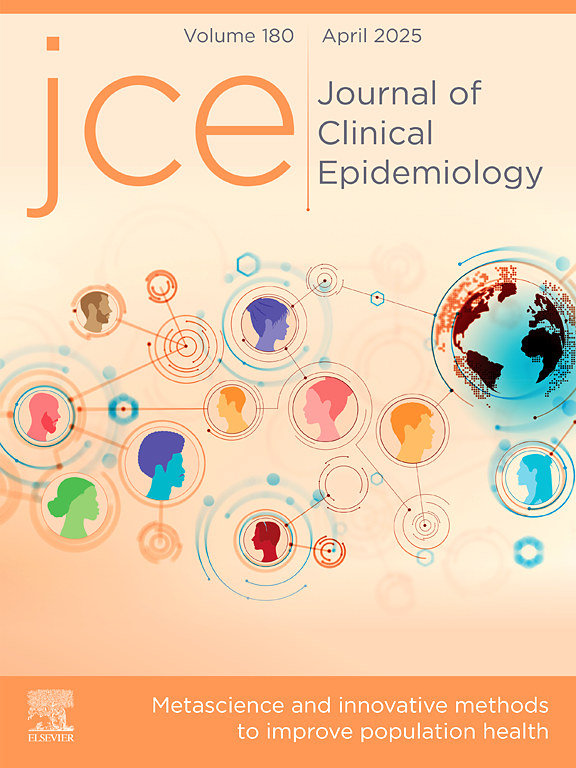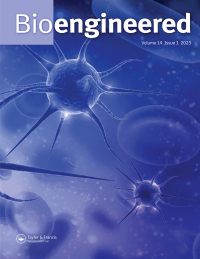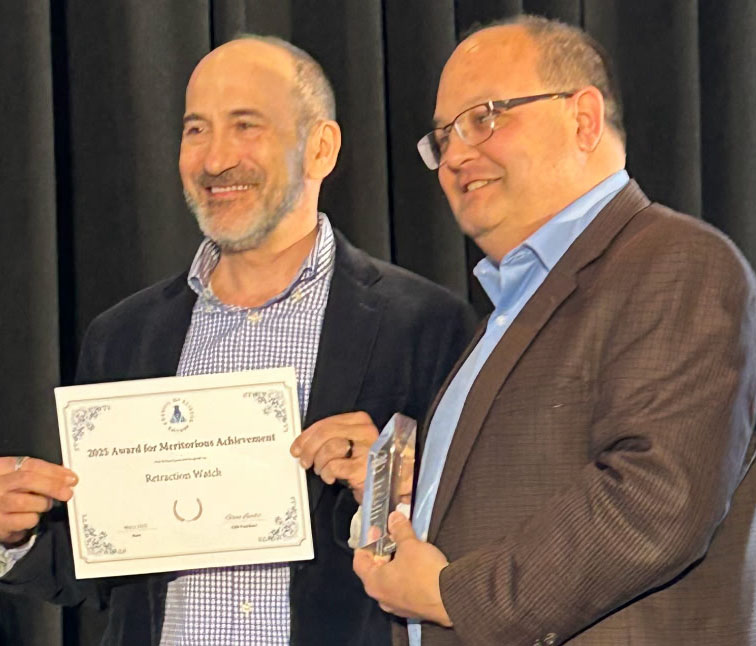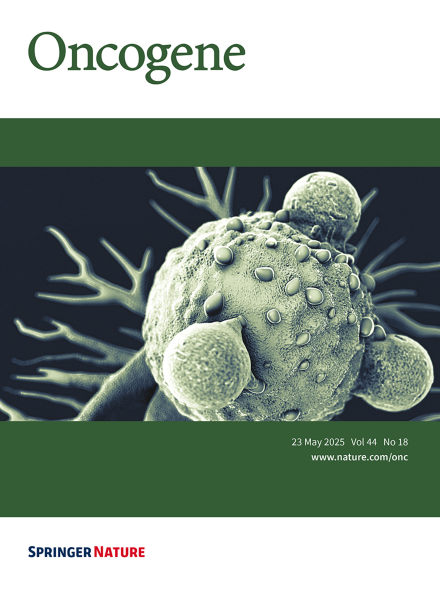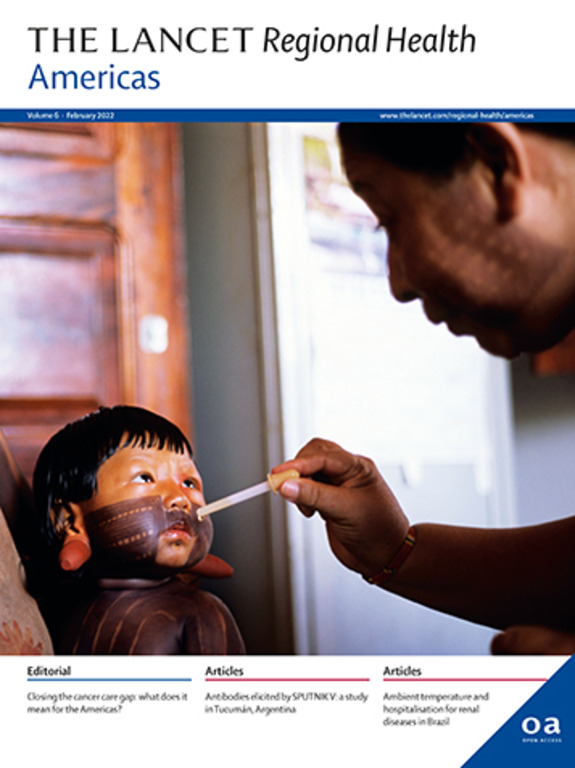
Dear RW readers, can you spare $25?
The week at Retraction Watch featured:
- ‘Now is not the time to fade’: Retraction Watch awarded Council of Science Editors’ highest honor
- A ‘stupid mistake’: EPA researcher added their underage child as an author on manuscript
- Journal collected $400,000 for papers that it later retracted
- Web of Science delists bioengineering journal in wake of paper mill cleanup
- Journal investigating placebo effect study following Retraction Watch inquiry
Our list of retracted or withdrawn COVID-19 papers is up past 500. There are more than 59,000 retractions in The Retraction Watch Database — which is now part of Crossref. The Retraction Watch Hijacked Journal Checker now contains more than 300 titles. And have you seen our leaderboard of authors with the most retractions lately — or our list of top 10 most highly cited retracted papers? What about The Retraction Watch Mass Resignations List — or our list of nearly 100 papers with evidence they were written by ChatGPT?
Here’s what was happening elsewhere (some of these items may be paywalled, metered access, or require free registration to read):
Continue reading Weekend reads: Majorana manipulation allegations; Norway’s most-published researcher committed misconduct; ‘second chance’ for convicted Harvard chemist